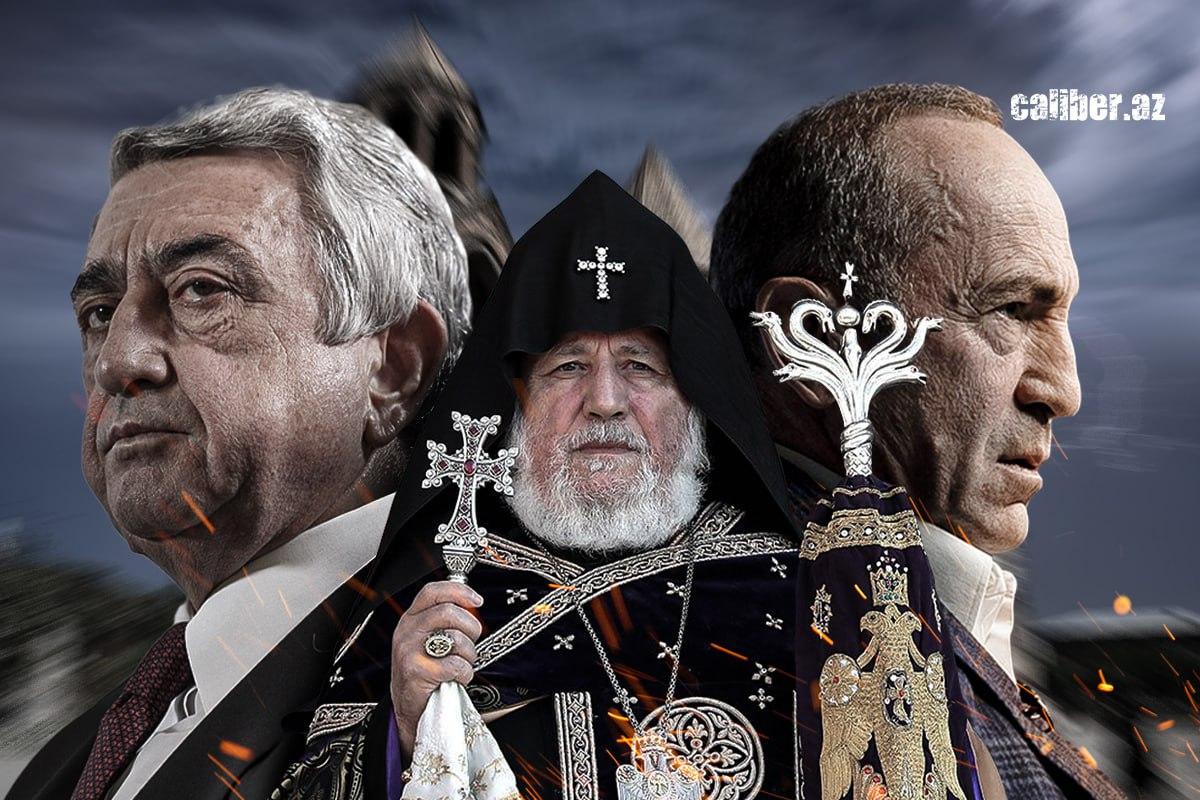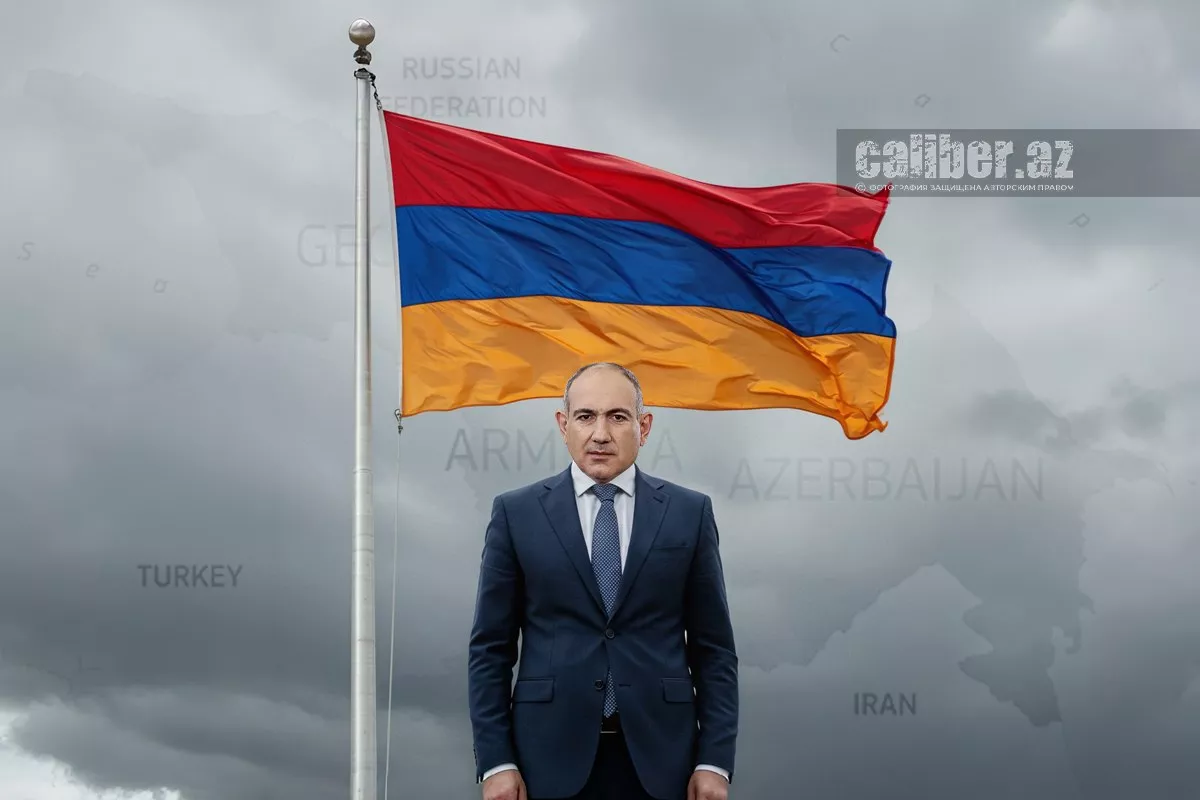Dreams of a political bankruptcy Impeachment in vain and a journey to nowhere
The current Armenian authorities’ focus on signing a full-fledged peace agreement with Azerbaijan and establishing lasting stability in the region has forced the country’s former president, Robert Kocharyan, to drop the mask and openly reveal whom he had been counting on in his dreams of returning to the top of Armenia’s political Olympus.
Recently, this ex-leader of the separatist junta—long swallowed by the abyss of oblivion—made his way to Moscow to plead for support. There, he presented his “formula for electoral success,” which, he claimed, consisted of consolidating the opposition and fighting the government on the broadest possible front, a strategy that also implied significant financial expenditures. However, as the Armenian outlet Hraparak reports, Moscow made no concrete commitments and, in fact, essentially made it clear that it had washed its hands of Armenia.
To call things by their name, Kocharyan was given the cold shoulder in Moscow, and overall, this trip served as yet another proof of the political impotence and worthlessness of Armenian revanchists—a fact confirmed by subsequent events.
The Armenian parliamentary opposition, dominated by forces aligned with Kocharyan, pompously announced the start of impeachment proceedings against Prime Minister Nikol Pashinyan. For several weeks, Armenian revanchist media were filled with bold headlines, predicting the inevitable success of this endeavour. However, as expected, the outcome of this escapade was disastrous. When it came to action, it turned out that there were simply not enough votes to initiate the procedure—the opposition lacked even the minimal number of mandates required to launch the process. All the declarations of a decisive battle turned out to be empty words, and for Armenian society, this became yet another confirmation that the opposition, represented by Kocharyan and his allies, is only capable of creating the appearance of struggle but unable to offer a real alternative.

In essence, the citizens of Armenia had long since given a clear answer to all attempts by Kocharyan and his circle to return to power. It is enough to recall the snap parliamentary elections of 2021. At that time, the public was in deep shock from the defeat in the Second Karabakh War; people were demoralised, and it was precisely at that moment that Kocharyan attempted to exploit the emotional climate. He deployed everything at his disposal—campaigning, expensive media projects, massive advertising, and grandiose promises to “restore former glory” and “save the country.”
But it was not to be: Nikol Pashinyan’s party received nearly 54% of the vote, while Kocharyan’s bloc garnered around 21%, marking a political catastrophe for him and his team. In other words, Armenian citizens made it unmistakably clear even then: no matter how much money was poured into the election campaign, they did not wish to return to the past.
This is hardly surprising, as they vividly remember the years of Kocharyan’s rule—the corruption, the pressure on the opposition, and the infamous events of 1 March 2008, when ten people were killed in Yerevan. In the collective memory of Armenians, Kocharyan remains firmly associated with authoritarianism and oligarchic dominance. Furthermore, citizens understand that the revanchists offer only war and hardship, whereas the current government, despite past mistakes, has recognised the inevitability of peace with Azerbaijan—an approach that promises the reopening of communications and the revival of Armenia’s economy. Today, this policy enjoys the support of the majority of Armenian society.

And what can Kocharyan offer? The answer is simple—nothing. His slogans are long outdated, his ideas boil down to abstract calls to “save Armenia” and “fight against Pashinyan,” but he has no real programs that address the needs of society—no reforms, no economic development plans, no state modernisation initiatives.
For all potential external backers, Kocharyan is a figure of the past, a politician without prospects, having lost every conceivable battle. Betting on him means investing in a project doomed to fail from the outset.
Although Kocharyan still has enough resources to maintain his party, media outlets, and a small circle of supporters—having accumulated wealth in abundance—this is irrelevant on a national scale. Armenian society has already made its choice, and for Kocharyan, the situation is aptly summed up by the well-known joke: “Armenians are here, but there’s no alternative.”








